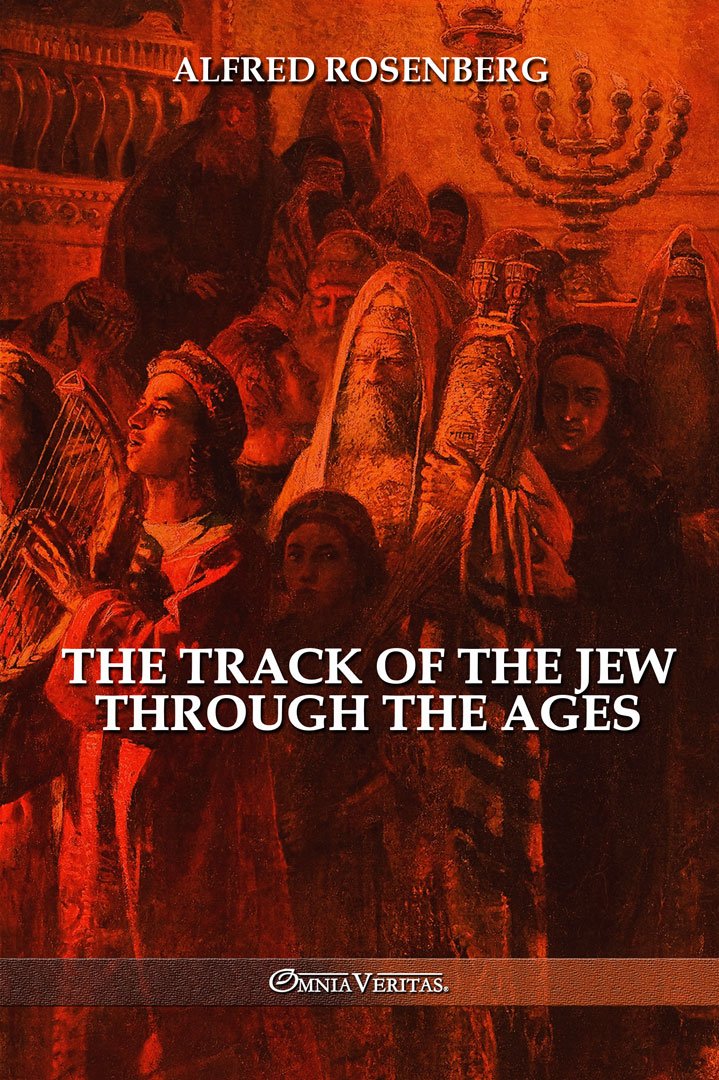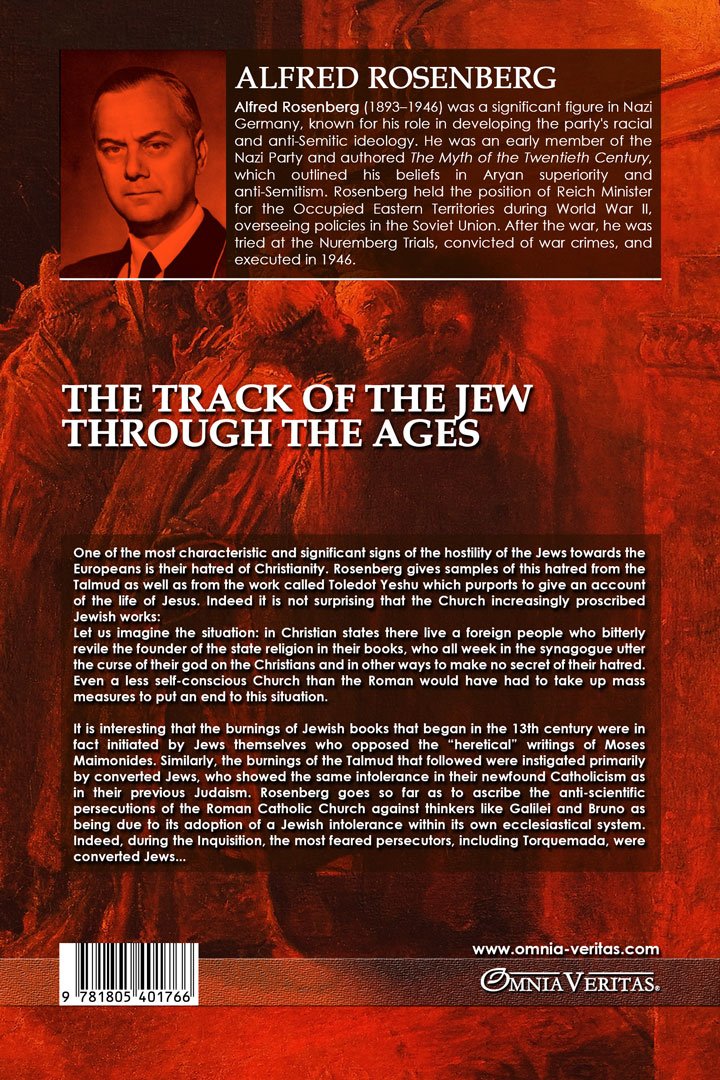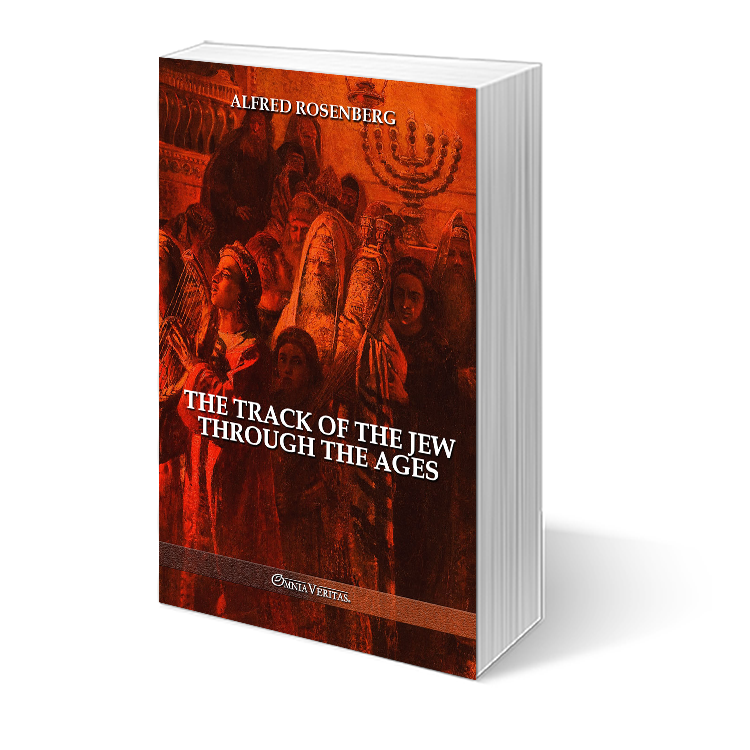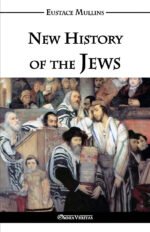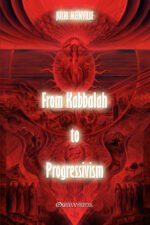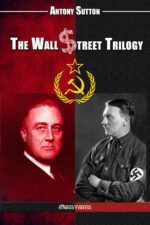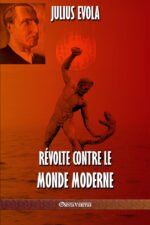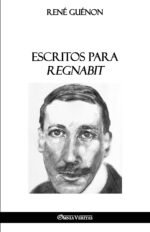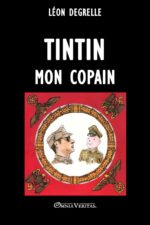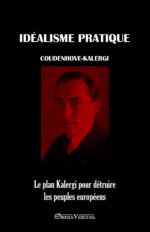Let us imagine the situation: in Christian states there live a foreign people who bitterly revile the founder of the state religion in their books, who all week in the synagogue utter the curse of their god on the Christians and in other ways to make no secret of their hatred. Even a less self-conscious Church than the Roman would have had to take up mass measures to put an end to this situation.
It is interesting that the burnings of Jewish books that began in the 13th century were in fact initiated by Jews themselves who opposed the “heretical” writings of Moses Maimonides. Similarly, the burnings of the Talmud that followed were instigated primarily by converted Jews, who showed the same intolerance in their newfound Catholicism as in their previous Judaism. Rosenberg goes so far as to ascribe the anti-scientific persecutions of the Roman Catholic Church against thinkers like Galilei and Bruno as being due to its adoption of a Jewish intolerance within its own ecclesiastical system. Indeed, during the Inquisition, the most feared persecutors, including Torquemada, were converted Jews…
